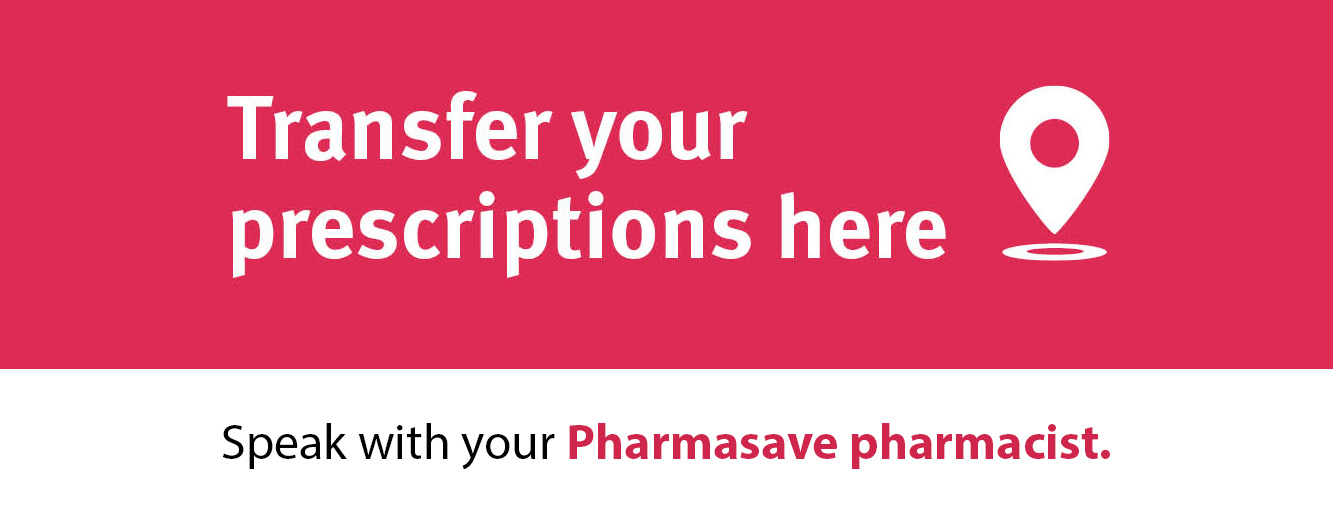Dr. Henry Cheng
“There is nothing better in life than having a good appetite and be able to sleep” (Ancient Chinese proverb). You can have the whole world’s fortune but if you can’t eat and sleep you will not be happy. If you want to go off sleeping pills here are some useful hints. Let’s start with a whole bunch of “don’ts”. Do not drink coffee or tea after 5 p.m., even Green Tea. Do not do any vigorous exercise or watch exciting movies in the evening. Avoid afternoon naps. Do not smoke in the evening and of course it would be best if you do not smoke at all. Do not indulge in alcohol. Do not consume fatty foods.
Follow the following rituals at bedtime. Before you go to bed, take a warm shower. A cold shower may wake you up, and too warm a shower may make you sweat. After your shower, you can apply some talcum powder or soothing body cream to make yourself comfortable. Eat a couple of cookies and drink two ounces of warm milk. A little bit of food and milk neutralize the acid in the stomach so adrenaline production is minimized. A transient hyperglycemia after a petite meal also induces drowsiness. Do not overdo this, however, because too full a stomach will disturb your sleep and too much fluid will cause excessive “bathroom runs”.
Cold drinks are not advisable because they are refreshing. Some of my clients use a small alcoholic drink, a habit I do not recommend to everybody. Brush your teeth and rinse your mouth. Oral comfort helps promote good sleep. Do some reading at bed time. This will dissociate your mind from the day’s activities. Read in bed and when your eyes feel tired, just throw the book aside and fall asleep naturally. Soft music and a relaxing aromatherapy mist in the room also help. Pay attention to room temperature and your blankets. You will not sleep well if these aren’t right. When you are in bed, do not think about your worries and problems. Worrying does not help solve problems. Instead, think about a happy family reunion, a memorable vacation, steps you have learned in an aerobic class, or the sequence of a country line dance.
Of course, old tricks like counting sheep and saying a prayer also work. The Bach Flower Remedy called “White Chestnut” can help kick out unwanted thoughts. White Chestnut is also found in the mixture called “Rescue Sleep”. A regular exercise program is important. It has been found that sedentary office-workers are more prone to insomnia than manual workers. The best time to do your workout is early in the morning when you are “fresh”.
Remember to avoid doing exercise in the evening. Pay attention to your diet. Avoid fatty foods, strong spices, caffeine and alcohol. Herbs work in a synergistic way so it is best to use herbs in combinations. Sedaplus® (Thorne Research) has valerian root, rhodiola, hops, passion flower, and chamomile. E-Z Sleep® (Nature Way) has hops, valerian root and skullcap. Seditol Plus® (Douglas Lab) contains Magnolia seed and bark, chamomile, passion flower, and lemon balm.
All the above herbs has sedative, calming and mood modifying effects. Popular homeopathic complexes for sleep include Seditil ®(Boiron) that contains abrus precatorius, aconite, belladonna, calendula, chelidonium and viburnum in appropriate dilutions. Neurexan® (Heel) is gaining popularity these days. It contains homeopathic avena sativa, passiflora, zincum valerianicum and coffea cruda.
The nice thing about homeopathic medicine is that it has no side effect, can be used together with other medications, and there is no age limit. It takes time for the body to react to natural stimuli, so natural medicines for sleep work subtly and slowly, but when the body starts to respond, the benefits will be lasing.
Henry Cheng was a medical graduate from the University of London, England, and is now Certified Natural Products Advisor at Cloverdale Pharmasave Health Centre.




